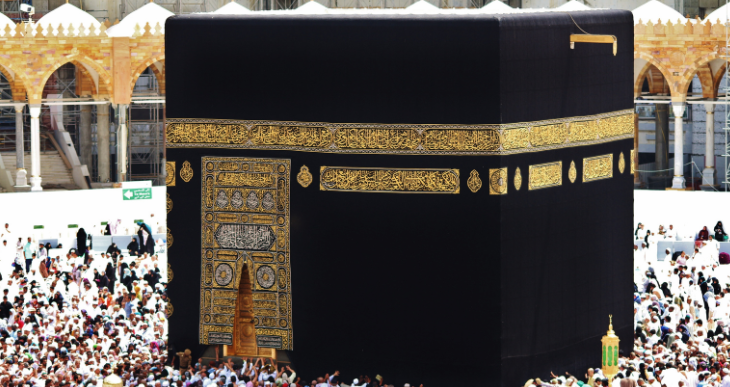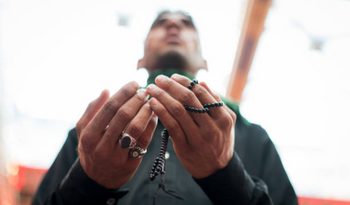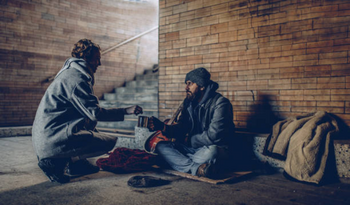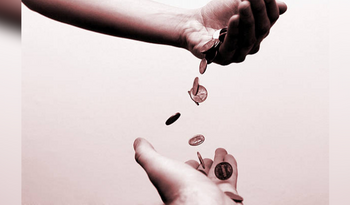Hajj is necessary in Islam for Muslims once in their life if they can afford it. Hajj is the fifth fundamental pillar of Islam and it is a once-in-a-lifetime opportunity for most Muslims.
The Ritual Of Sacrifice
Hajj includes a progression of customs that happen in and around Mecca over a time of five to six days. The first of these is Tawaf in which pilgrims walk around the Ka'ba multiple times in an anti-clockwise manner. Muslims accept that the customs of Hajj have their starting point in the hour of the prophet Ibrahim (Abraham). His sacrifice is going to be recalled everlastingly. Muhammad (SAWW) drove the Hajj himself in 632, the extended period of his passing. The Hajj presently draws in around 3,000,000 pilgrims consistently from across the world.
Moreover, the reward comes with the sacrifice but you can even increase the reward by donating a little meat to the poor. Your virtue will be remembered and it is a way of getting extra blessings.
Fasting
Arafat falls on the 10th day of Dhul Hijjah. Numerous Muslims all over the planet fast during the initial nine days of this favored month. However, these fasts are not obligatory. As a result of the blessings that these sacred days are stacked with, fasting is normal during the initial nine days of Dhul Hijjah.
Charity
The post-pandemic time is brimming with many difficulties, particularly for the poor. Millions are as yet attempting to recuperate from the physical, monetary, and profound misfortunes they endured during the pandemic. Islam gives us a total set of principles that teaches us to help our kindred families who are out of luck. The ten days of Dhul Hijjah are an ideal opportunity to do such.
Prophet Muhammad(ﷺ) said:
“Give charity without delay, for it stands in the way of calamity.”











